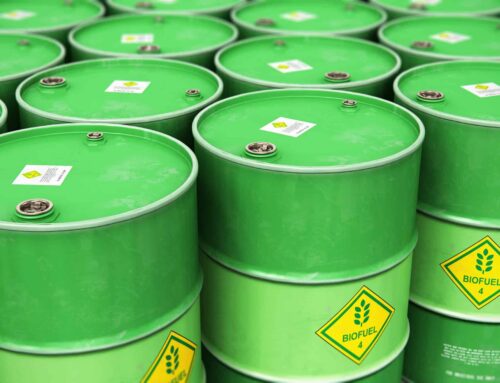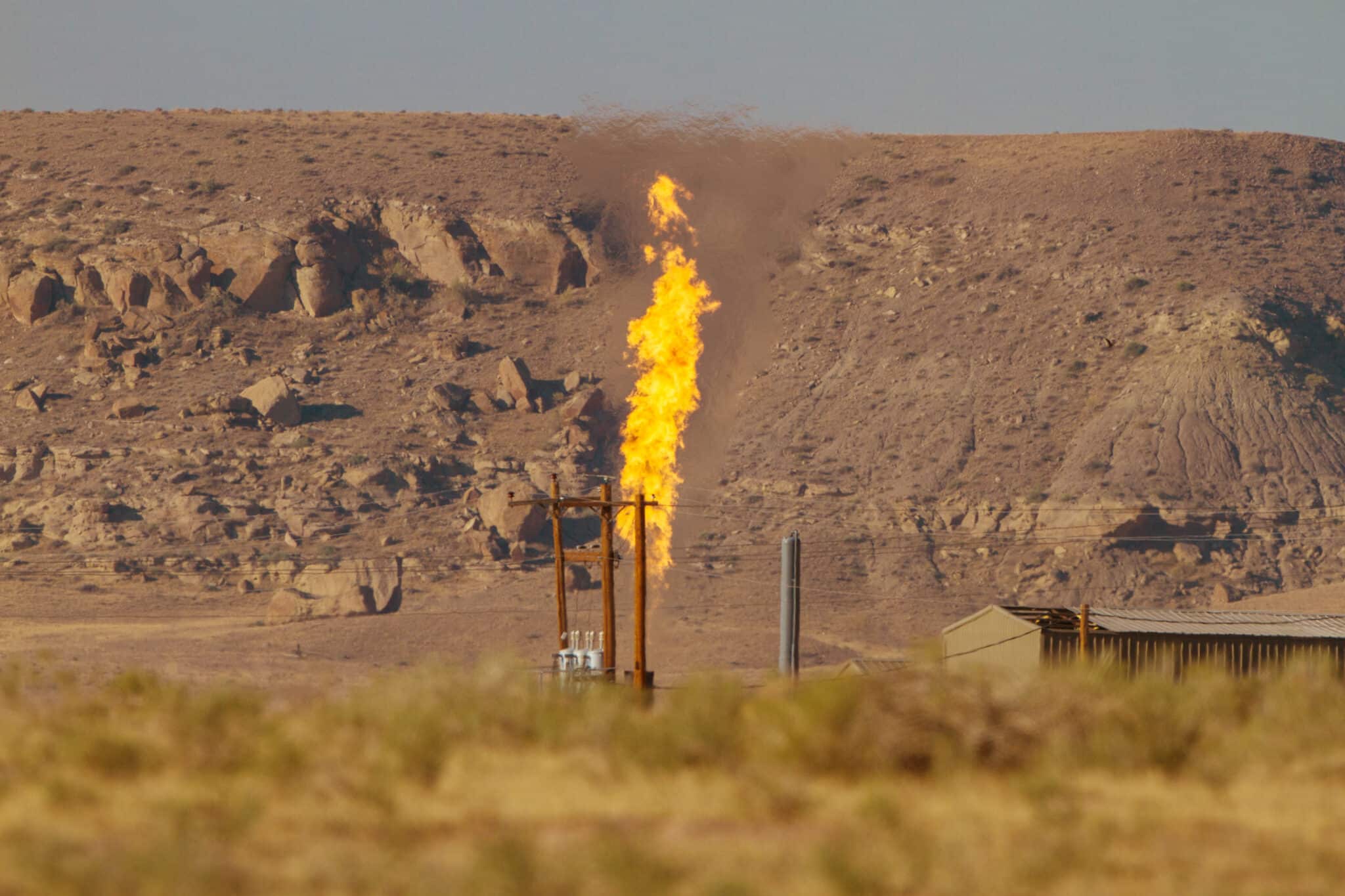The $190 billion farm bill passed into law this year is not only putting small family farmers out of business in the US, the massive subsidies for grain, soybeans, cotton, and other products is also crippling small farmers in developing countries. Billions of dollars handed over to corporate agriculture is counteracting the billions of dollars spent by the U.S. on international aid and making hypocrites out of U.S. officials who have criticized the farm subsidy policies of other countries.
Congress and the administration succumbed to pressure from agribusiness and increased farm subsidies by nearly 80 percent this year. Price supports will bring the lucky few subsidy recipients more stable incomes by guaranteeing specific prices for a handful of products, regardless of what the market value dictates. In many cases, when the commodity price for a crop decreases, farmers are eligible to receive even more federal dollars to make up the difference.
These price supports have trained agribusiness to farm the subsidies by overproducing with little or no regard for market prices. Overproduction results in mass surpluses that drive down international prices when the U.S. dumps them on the world market at up to 46 percent below the cost of production. It's virtually impossible for unsubsidized farmers in developing countries to compete, forcing many of them to move to cities where they become part of the unemployed labor pools.
Cotton production provides one of the most egregious examples of price-distortion in world markets. Despite a continual decline in price, this year's crop is expected to be the biggest since 1927. It is estimated that if the U.S. stopped subsidizing cotton production, West and Central African exporters would increase their revenue by an extra $250 million each year. The loss of cotton exports in Mali and Benin represents 3 percent of those countries' total economic output, and 1 percent to 2 percent for Burkina Faso and Chad. The irony of it all is that the damage caused by cotton subsidies alone is greater than the total value of global debt relief provided to those countries. U.S. farm subsidies are hanging Chad and other developing nations out to dry!
Overall, the farm bill's negative effects will surpass the $10 billion in additional aid that the Bush administration's proposed Millennium Challenge Account will provide to developing countries over three years. U.S. farm subsidies hit African nations the hardest, where agriculture accounts for more than 50 percent of gross domestic product in some nations. The biggest impact is in grains, soybean and cotton, which are among the major agricultural products grown in sub-Saharan Africa. These commodities receive the lion's share of U.S. subsidies, causing supply to exceed demand year after year.
The farm bill's massive focus on trade-distorting subsidies completely contradicts U.S. policies on trade liberalization. The legislation pushes the limit of World Trade Organization restrictions on farm support and even includes a trigger to prevent the U.S. from busting through the $19.1 billion ceiling in any given year. However, tiptoeing up to the line has elicited strong criticism from U.S. trade partners who view the massive increases in subsidies to wealthy agribusinesses as a signal that the U.S. is going in the wrong direction. In addition to putting the small farmer in Mali out of business, this sort of protection might also fuel the downward cycle of countries trying to protect their own farmers with increased subsidies.
Sadly, the bloated farm bill doesn't expire for another seven years. Even before the legislation is up for reauthorization, Congress and the administration would be wise to take another look at the negative implications both at home and abroad and do what is necessary to correct them. It is important for the left hand to know what the right hand is doing.










